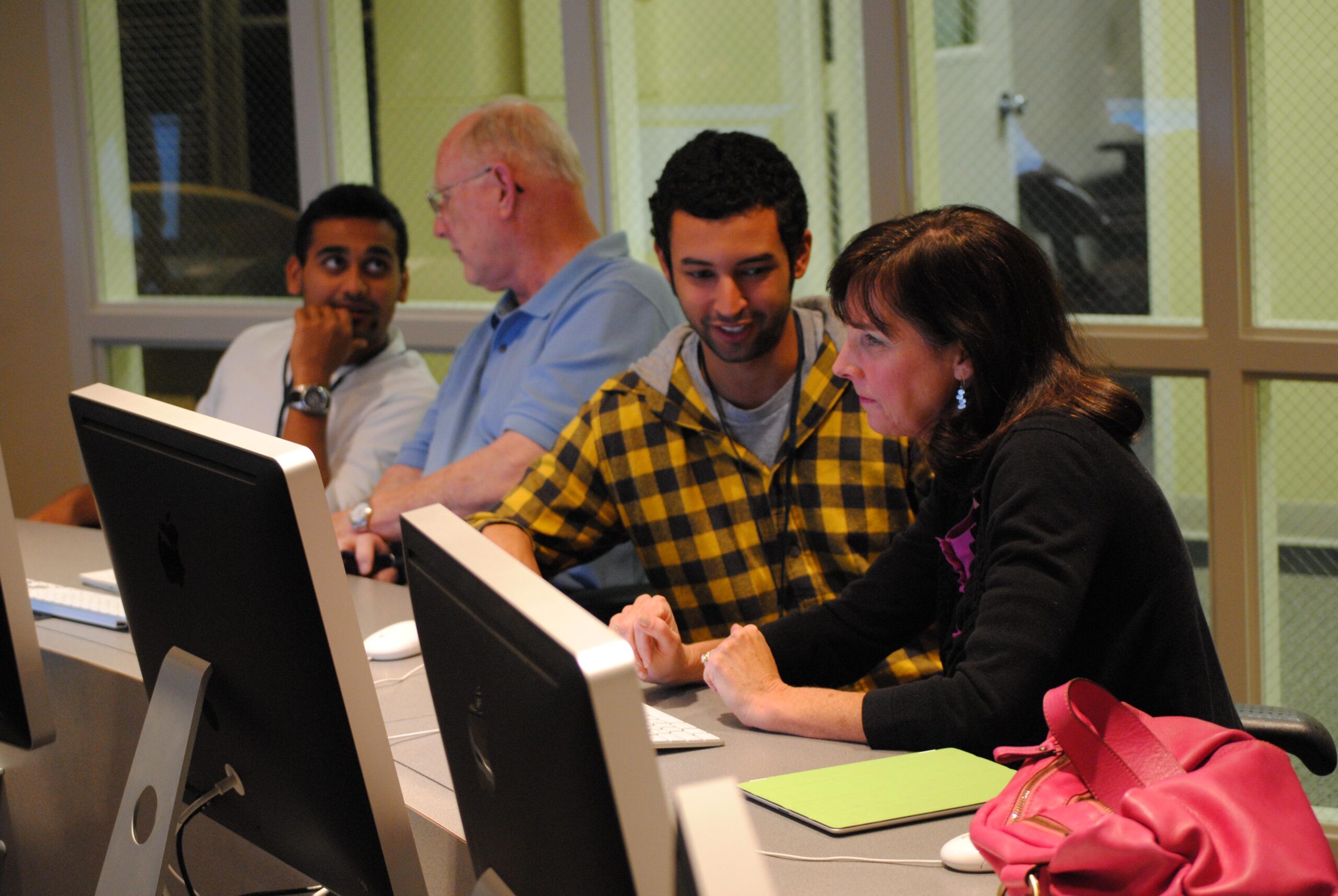
Photo by Vinicius Amnx Amano (Unsplash)
A smart home — with lights that automatically turn on as you enter a room, remote locks, music piped into every room — used to be out of reach for the average homeowner. [shortcode-1-In-Article-Banner-728×60] “When you used to think about these systems, it was very much high-end,” Mark Spates, a senior product manager for Nest






